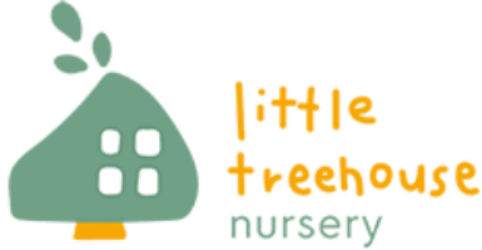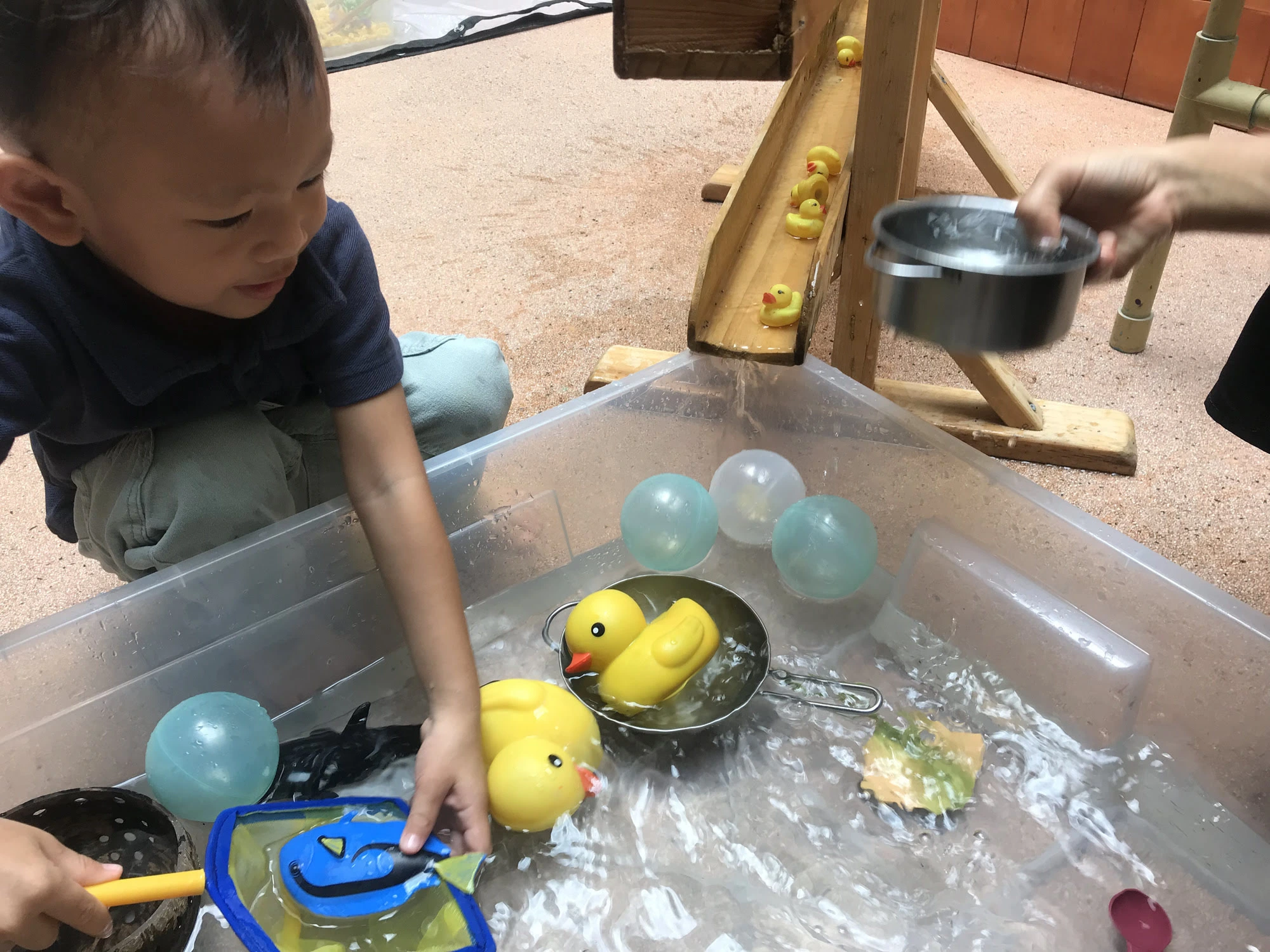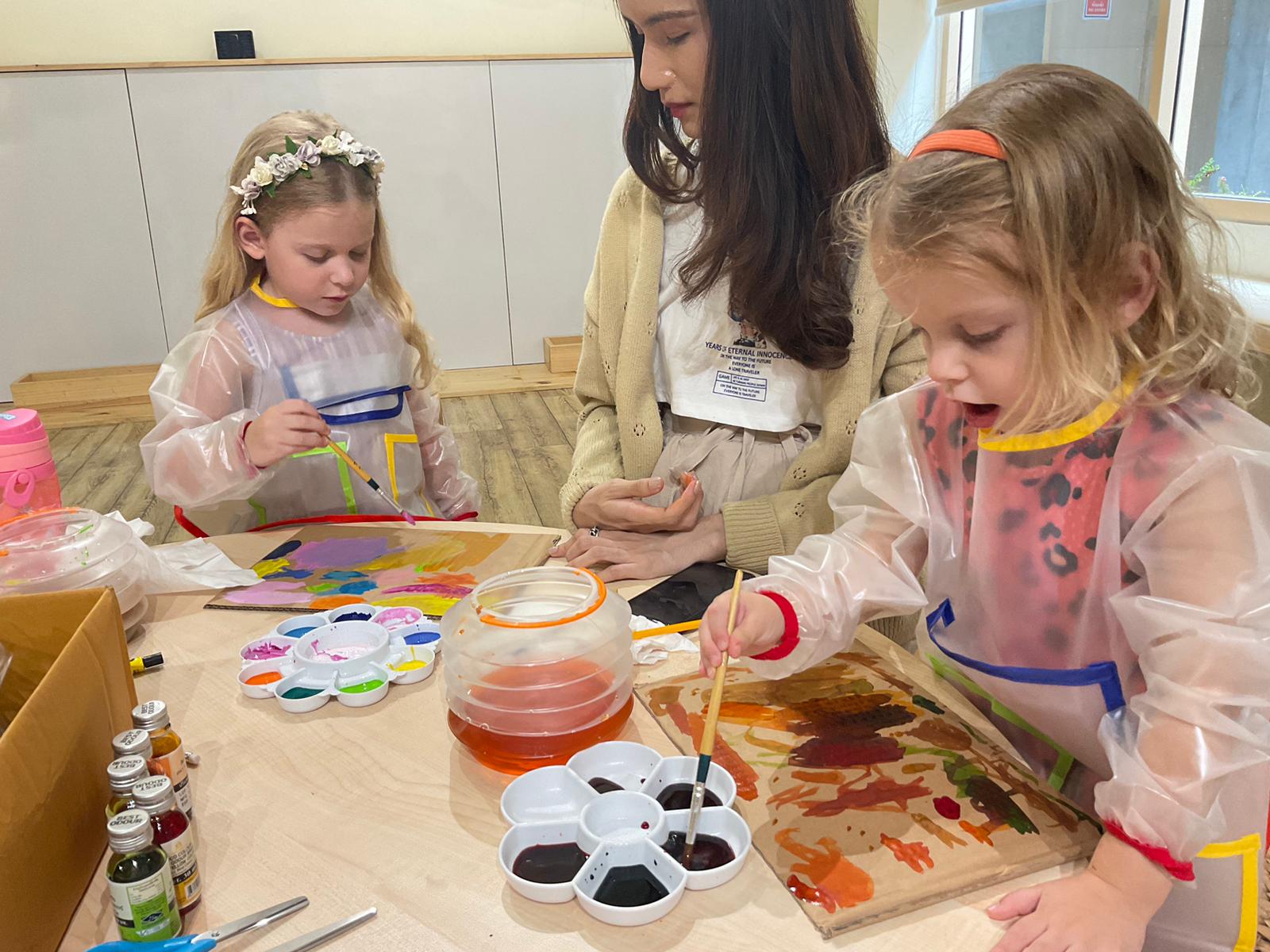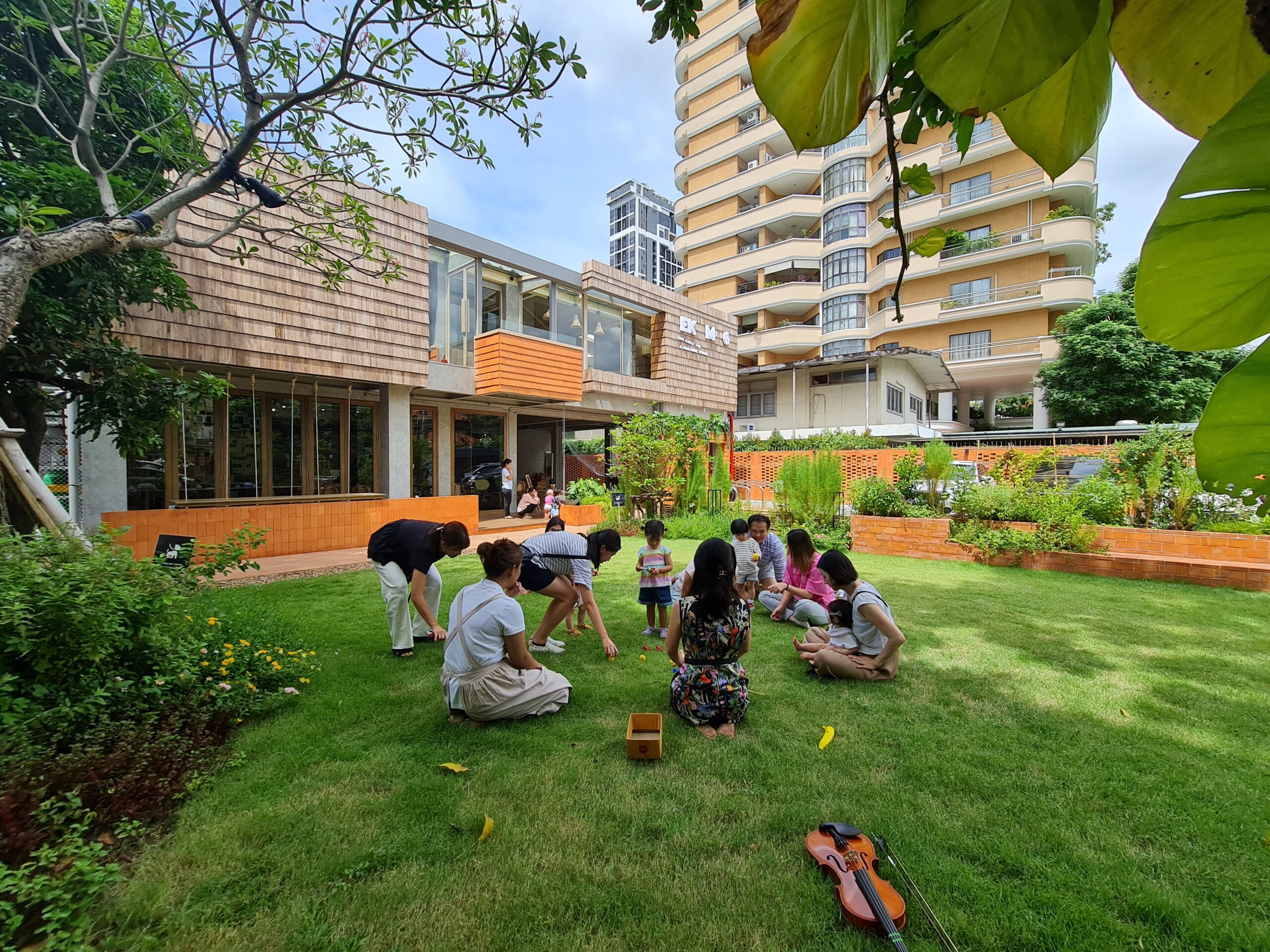Do you ever think about how a kindergarten program aids young students to develop beyond the books? At Little Treehouse Nursery, we believe that early year’s education is more than numbers and letters, it’s all about developing confidence, friendships, and emotional resilience. Being an international school in Thong Lor, we are committed to taking children through rich experiences that help shape their social and emotional abilities for life.
Why Are Social and Emotional Skills Important in Early Education?
Social and emotional skills help children manage emotions, interact positively with peers, and build resilience inside and outside the classroom.
- Express feelings in healthy ways
- Respect others’ perspectives
- Work collaboratively in teams
- Develop empathy and kindness
Strong foundations in these skills support children not just academically but in all areas of life.
How Does Preschool Introduce Children to Social Environments?
Preschool is often the first setting where children regularly engage with peers outside the family.
- Learn to share, take turns, and resolve small conflicts
- Build emotional intelligence through daily interactions
- Prepare for more structured learning in kindergarten
These early experiences lay the groundwork for healthy social development.
How Does the EYFS Curriculum Support Emotional Growth?
The British Early Years Foundation Stages (EYFS) Curriculum emphasizes personal, social, and emotional development alongside academics.
- Encourages independence and self-confidence
- Provides structured and play-based learning opportunities
- Promotes cooperation and communication skills
EYFS ensures children develop essential social-emotional skills naturally while learning foundational academic concepts.
How Does Kindergarten Build Confidence?
Kindergarten blends learning with social experiences to help children adapt to new challenges. Through classroom activities and group projects, it boosts self-belief, encourages problem-solving and critical thinking, and prepares children for future school transitions with confidence. The confidence gained during these early years becomes a key factor in their long-term success throughout education.
How Does Play Promote Emotional Development?
Play is central to both preschool and kindergarten learning.
- Role play and storytelling help children explore emotions
- Group activities teach cooperation and conflict resolution
- Play provides safe ways to practice problem-solving and communication
Through play, children learn emotional regulation and resilience in natural, enjoyable ways.
How Do Relationships Shape Social Skills?
Interactions with teachers and peers play a vital role in helping children develop empathy, trust, and respect. Collaborative projects encourage teamwork and attentive listening, while positive relationships with both teachers and classmates reinforce confidence and emotional security. Teachers also model appropriate social behavior, guiding children in navigating real-world situations. Altogether, these relational experiences form a crucial foundation for holistic early development.
What Are the Long-Term Benefits of Early Social and Emotional Skills?
Children who develop strong social and emotional foundations early often show:
- Better communication and adaptability
- Effective problem-solving skills
- Greater resilience and emotional wellbeing
These benefits extend beyond school into life, supporting personal growth and success.
How Can Parents Support Social and Emotional Development at Home?
Parents play a vital role in reinforcing skills learned at school.
- Read stories about feelings and empathy
- Encourage playdates and social interactions
- Discuss daily experiences and emotions with children
Collaboration between home and school strengthens a child’s social and emotional growth.
Why Choose Little Treehouse Nursery in Thong Lor?
Choosing an international school in Thong Lor means finding a place where children feel both challenged and supported. At Little Treehouse Nursery, we are proud to offer:
- A trusted international school environment
- A preschool and kindergarten curriculum based on the British Early Years Foundation Stages (EYFS) Curriculum
- A nurturing kindergarten program that values both academics and emotional growth
- An experienced team of teachers who care deeply about each child’s journey
Conclusion
Kindergarten is more than the start of formal learning, t’s where young learners build the social and emotional skills that shape their future. Through a balanced kindergarten curriculum, preschool and early years programs encourage children to express emotions, develop empathy, and strengthen confidence in ways that last a lifetime.
At Little Treehouse Nursery, we provide an international school in Thong Lor that follows the British Early Years Foundation Stages (EYFS) Curriculum, ensuring children grow in both academics and emotional wellbeing. Our preschool and kindergarten program nurtures meaningful experiences that prepare children for every stage ahead. Contact us today to learn more about how we can support your child’s journey!
FAQS
Social and emotional skills in early childhood develop through everyday interactions in preschool, where children learn empathy, sharing, and cooperation. A strong kindergarten curriculum, such as the British Early Years Foundation Stages (EYFS) Curriculum, supports this growth by blending structured learning with play.
Social emotional development in kindergarten focuses on helping children manage feelings, build confidence, and form positive relationships. In an international school in Thong Lor, the kindergarten program emphasizes these skills alongside academics to create balanced learning.
Play in a kindergarten program allows children to express emotions, solve problems, and build friendships naturally. The British Early Years Foundation Stages (EYFS) Curriculum highlights play as a vital part of the kindergarten curriculum for social growth.
Teachers in preschool and kindergarten encourage social and emotional growth through storytelling, role play, and group activities. By using the kindergarten curriculum based on the British Early Years Foundation Stages (EYFS) Curriculum, children learn communication, empathy, and self-regulation.
Social and emotional learning in preschool is promoted through routines, peer interactions, and supportive teacher guidance. In an international school in Thong Lor, a preschool program integrates these practices within the British Early Years Foundation Stages (EYFS) Curriculum.
The five social emotional learning skills are self-awareness, self-management, social awareness, relationship skills, and responsible decision-making. A kindergarten program designed around the kindergarten curriculum and EYFS framework supports children in developing each of these skills.
Yes, social skills can be learned through preschool and kindergarten experiences where children practice daily interactions. The kindergarten curriculum provides structured opportunities to build these skills while the British Early Years Foundation Stages (EYFS) Curriculum reinforces them.
Children’s social and emotional skills are influenced by relationships at home and structured learning in preschool or kindergarten. An international school in Thong Lor using the British Early Years Foundation Stages (EYFS) Curriculum combines both influences effectively.
Schools support social-emotional learning by integrating activities into the kindergarten curriculum that encourage cooperation, emotional regulation, and problem-solving. In preschool and kindergarten programs, teachers model empathy and guide children through real-life interactions.
When a child lacks social emotional development, challenges may appear in communication, peer relationships, and confidence. A strong preschool or kindergarten program can help bridge these gaps by using the British Early Years Foundation Stages (EYFS) Curriculum to provide structured support.




Leave a reply